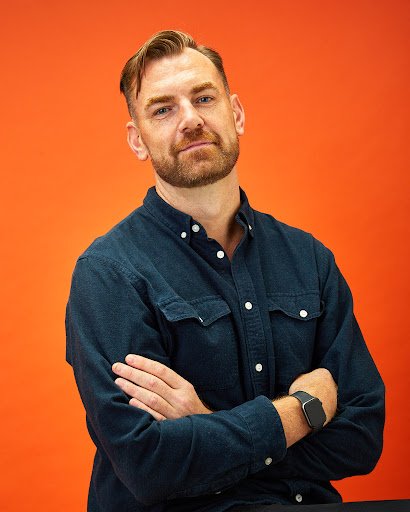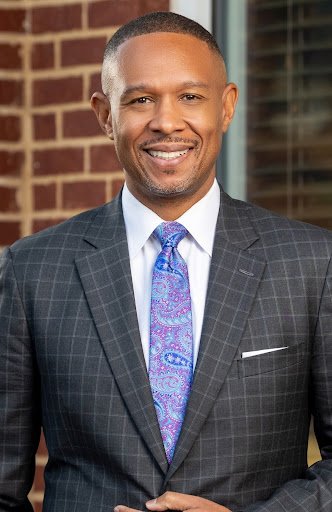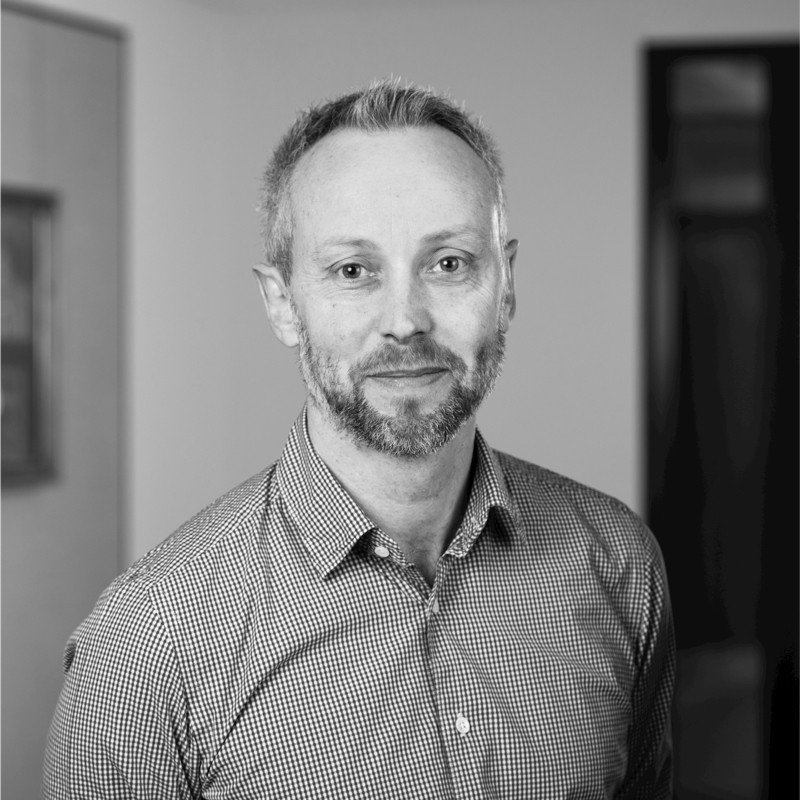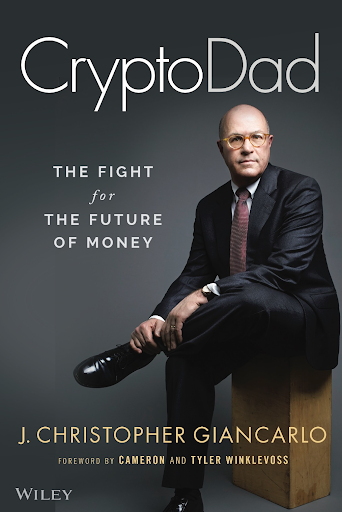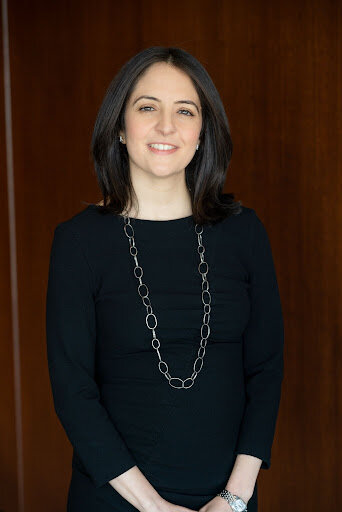A half century ago, the US government embarked on an effort to protect financial consumers through proactive regulation. Starting with the Truth In Lending Act in 1968, Congress enacted an ever-growing set of laws, and regulators and industry undertook an ever-growing effort to implement them.
So, how’s it going, 53 years later? Are consumers now well-protected? Is it a rarity for consumers to be harmed in the financial system, like it’s a rarity for planes to crash, or drinking water to make people sick. Do we have a situation where failures shock us and make news?
Most of us -- certainly I -- would say no.. But, think also about this: we really have no idea how well we’re doing. This system got designed to require processes, not results. Our rules bar the industry from doing certain things, and they require it to do certain other things -- especially to disclose specified information -- on the logic that these measures will protect people. In reality, though, we don’t know whether it works, because the system isn’t even designed to ask that question. It’s not designed to produce, much less measure, desired outcomes.
My guests today think we should -- and can -- change this. Todd Baker and Corey Stone have very extensive and distinguished credentials -- I’ll let you hear their backgrounds from themselves. They also have a shared passion for promoting consumer financial health. A few years ago, they participated in a conference I host each year in the Rocky Mountains, where we always hold a little tech innovation contest. Corey and Todd put together a team that brainstormed an idea -- which won the contest -- and they decided to keep working on it. Ultimately, they published several papers on it, including one in the Harvard Business Review. Their theme is Making Outcomes Matter: An Immodest Proposal for a New Consumer Financial Regulatory Paradigm.
I’d had that paper in my reading file for over a year, knowing it would be great, but not finding time to read it. Then, recently, I was killing time in a doctor’s waiting room and pulled it up.
And, wow….
Corey and Todd argue that, as with so many other things, new technology is opening new possibilities. In this case, they think the tough old problem of financial consumer protection and financial health should be looked at afresh because….yes, you guessed it: because we now have digitized data that changes the whole game.
One of their really eye-opening insights is comparison of financial services with healthcare. Few would argue that the US healthcare system is anywhere near optimized, but Corey and Todd looked closely at some very interesting virtues it has, and they compare and contrast these with financial services. In particular, they note that people today are seriously measuring health care outcomes in ways that powerfully align market incentives with patient well-being. They point to the concrete drivers of that dynamic, none of which we have in the financial realm. It’s absolutely fascinating -- ever since I read it, it’s been on my mind.
You may be thinking this sounds like an interesting academic exercise but not something that could work in the real world. You might be right. Certainly there are many thorny challenges, including how we would define those desirable outcomes. One promising development is that Todd and Corey suggest we can build on the work of the Financial Health Network. Listeners may recall that I chaired the board of FinHealth at the time we adopted a strategic shift from financial inclusion -- addressing the needs of people who are “underbanked” -- to financial health. Since then, FinHealth has built an entirely new framework and an increasingly robust system of metrics and incentives for companies to assess and improve their customers’ financial health. They’ve also established an annual financial health “Pulse” survey that assesses how consumers are doing and analyzes trends. The CFPB, too, is building similar frameworks. So, threads of progress could be weaving together.
Furthermore, Corey and Todd’s paper lays out a strikingly practical proposal for how we could move toward their vision. They urge a gradual three-step plan that would build in plenty of time for learning, through data, and crafting new regulatory strategies based on it, through collaboration. I think it could offer a model for regulatory reform in the digital age, far beyond financial consumer protection.
And they suggest that, if this could work, a whole lot of the regulatory edifice in place today could probably fall away.
And it should. Todd and I were both Senior Fellows at the Harvard Kennedy School Center for Business and Government a few years back, where I published a series of six papers on financial innovation and regulation regarding consumers. Paper 2 in my series looks at the effectiveness of what we’re doing today, especially the huge reliance on mandatory disclosures. My conclusion is that most of the current system -- some of which I myself helped design -- just flat doesn’t work.
Could we do better? I know we can, with better technology. Listen to this fascinating conversation, and let’s give it thought.
Links
More on Todd
Todd Baker is an academic, C-suite executive and lawyer who works on business and policy issues arising from the digital transformation of financial services.
Mr. Baker is currently a Senior Fellow at the Richard Paul Richman Center for Business, Law and Public Policy at Columbia Business School and Columbia Law School. He also teaches an advanced financial technology seminar for law and business students at Columbia and Stanford Law Schools. During 2016-2018, Mr. Baker was a Senior Fellow at the Mossavar-Rahmani Center for Business & Government at the Harvard Kennedy School. Mr. Baker’s writing includes academic papers on outcomes-based consumer financial regulation, small business and COVID-19, and the role of employers and fintech in providing alternatives to payday loans and bank overdrafts for employees. He also writes extensively for publications including the Financial Times, The Wall Street Journal, the Harvard Business Review and the American Banker.
Mr. Baker is also the Managing Principal at Broadmoor Consulting, LLC; a member of the board of directors and chair of the board credit committee at Accion Opportunity Fund, the nation's leading nonprofit small business lender; a member of the Academic Research Council at the Urban Institute; and a Limited Partner Advisor at Nyca Partners, a leading fintech-focused venture capital firm.
Mr. Baker had a 14-year career as the chief corporate strategy and development officer at three large domestic and international retail, commercial and corporate banking organizations: MUFG Americas Holdings/Union Bank NA, TD Bank, N.A., and Washington Mutual, Inc., where he sourced and executed strategic acquisitions and divestitures and managed, at various times, strategic planning, investor relations, performance management, venture capital investing and competitive intelligence.
Prior to his business roles, Mr. Baker was a San Francisco-based corporate partner with the international law firms Gibson, Dunn & Crutcher LLP and Morrison & Foerster LLP, where he represented management and boards in all manner of corporate and securities matters and led large-scale M&A transactions and financings involving banks, technology companies, finance companies, mortgage lenders, credit card companies, savings banks, commercial lenders, and investment firms.
Mr. Baker is a graduate of Dartmouth College (A.B. summa cum laude 1978) and Stanford Law School (J.D. 1981), where he was a member of the Stanford Law Review.
More on Corey
Corey Stone currently serves as Senior Advisor at the Financial Health Network and is a Senior Advisor to the consulting firm, Oliver Wyman. He was the CFPB’s inaugural Assistant Director for the Office of Deposits, Liquidity Lending and Reporting Markets. His office was responsible for the Bureau’s market intelligence, policy development, and industry outreach in the consumer reporting market. Before joining the Bureau he led Pay Rent, Build Credit, a specialty consumer reporting agency.
Corey began his career as a management consultant, leading business unit strategy and corporate development assignments for companies in the payments, consumer credit, and utility industries. He became Executive Vice President of American Payment Systems (now Fiserv’s CheckFreePay division), where he led revenue growth and business development, helped the company become the country’s largest in-person bill payment network, and launched one of the country’s first general purpose reloadable debit cards.
He was also CEO of Pay Rent, Build Credit, (now part of MicroBilt) an alternative credit reporting company that enabled lenders to access consumers’ rental and utility bill payment history for underwriting decisions.
Corey is a member the Aspen Institute’s Expanding Prosperity Impact Collaborative on Consumer Debt advisory team. He has served on the Federal Reserve Board of Governors’ Consumer Advisory Counsel, as a Visiting Clinical Lecturer in the Yale Law School’s Community Economic Development Clinic, and as founding Chair of Start Community Bank, a de novo community development bank in New Haven, CT. He is currently a board member of Connex, a credit union with over $800 million in assets.
Corey earned his BA magna cum laude from Harvard College and his MBA from the Yale School of Management.
More for our Listeners
I’m at Money 2020 this week -- what a show! Amazing to be back in person in Las Vegas. If you’re here, be sure to come to my session on Wednesday morning, predicting where we’re headed with cryptocurrency regulation and defi, with the brilliant regulatory futurist Matt Van Buskirk and the always provocative former acting Comptroller of the Currency, Brian Brooks. We are planning to have some fun with it, so please join in!
November 10 I’ll be in New York speaking at the Linux/FINOS Open Source Strategy Forum, in a fireside chat with FDIC innovation head Sultan Meghji, on how open source will, and should, transform financial regulation. I’ll also be in New York for a wonderful event at Forbes with Mika Brzezinski and First Lady Jill Biden for the Forbes 50 Over 50 list, to which I was honored to be named to this year among a group of awesome women who are doing interesting things after age 50.
And, I’ll note, that on the same day I was also named Fintech Woman of the Year by Finovate). Both are such an honor and tribute to the work of our team at AIR. And, it’s been pointed out that I’m almost certainly the only Fintech Woman of the Year who is over 50!
I’ll be speaking (virtually this year) at the Singapore Fintech Festival, the huge conference sponsored by the Monetary Authority of Singapore. I’m also honored to say that it was announced this month that MAS has created a nonprofit organization called Elevandi, to share ways to advance fintech for financial inclusion around the world, and that I am serving on its board.
On podcasts, we have great shows coming up including one with Netherlands’ Queen Maxima, who is the UN Global Advocate for Financial Inclusion, and one on AI and fairness with Lisa Rice of the National Fair Housing Alliance and Kareem Saleh, CEO of FairPlay.
Meanwhile, AIR is hiring! We need project managers for our TechSprints and a global head of marketing and communications. We promise an exciting, creative experience with our young, fast-growing nonprofit. See www.regulationinnovation.org/join-air.
Don’t forget to follow AIR on LinkedIn and Twitter. Be sure to leave us a five-star rating on your favorite podcast platform. And please follow me personally on Twitter @JoAnnBarefoot.
And keep on innovating!
